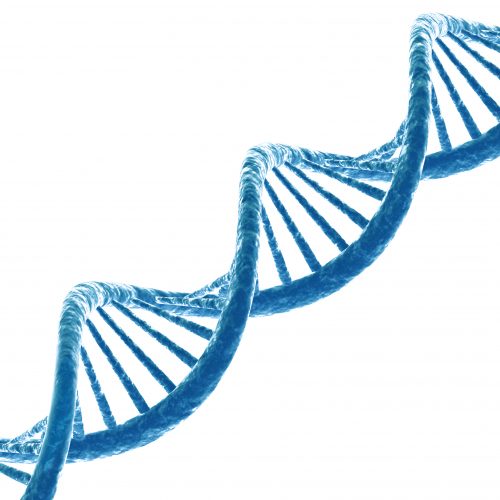
Nutrigenomics is short for ‘nutritional genomics’. In future, it’s possible healthy eating guidelines may also take into account your individual genetic make-up.
Genetically-tailored food
Currently, there are guidelines for healthy eating for people of different ages and stages.
Because of genetic differences, optimal nutrition for one person may not be optimal or even appropriate for someone else. A disease like haemochromatosis – a genetic disorder that leads to iron overload – is a well recognised example of this.
There is, however, growing evidence that subtle genetic differences not associated with major disorders also impact on our body’s use of and reaction to different nutrients. It’s a little way off yet, but scientists are working on understanding people’s needs more precisely.
Scientists want to develop foods which can match individual genotypes to enhance your health.
Nutrigenomics researchers at The University of Auckland have found a potential relationship between Crohn’s disease and diet. Crohn’s disease is a form of inflammatory bowel disease and its exact cause is unknown. New Zealand appears to have a higher incidence of the disease than other countries – especially in the Canterbury area where there is one reported case per 600 people. The research team is studying the link between foods eaten by people with Crohn’s disease and different variations of the disease-related genes. Information about lifestyle and symptoms are also collected to learn more about the disease and potentially to allow tailoring of foods to genetic type.
How nutrigenomics could affect you
- If you are a person with Crohn’s disease, your genetic profile will indicate specific foods which will adversely affect you, so you will know what to avoid or you’ll know exactly how much of a food you can tolerate. You will also know which foods will help protect your family if the gene is passed on.
- Being tested for your genetic profile. As part of your profile, you receive a list of foods you should not eat as they may be harmful to you. For example, you may be especially susceptible to atherosclerosis (thickening of the artery walls) and need to limit saturated fats more than others. You will also get a list of foods you should definitely include in your diet to help protect you.
- As part of your genetic profile, you may fit into a group of people particularly susceptible to some diseases but not others. There are a number of people in this group, so foods with the nutrients you need more of are colour coded in stores for you. Anything coded blue is for you and anything coded orange is best avoided.
www.healthyfood.com










